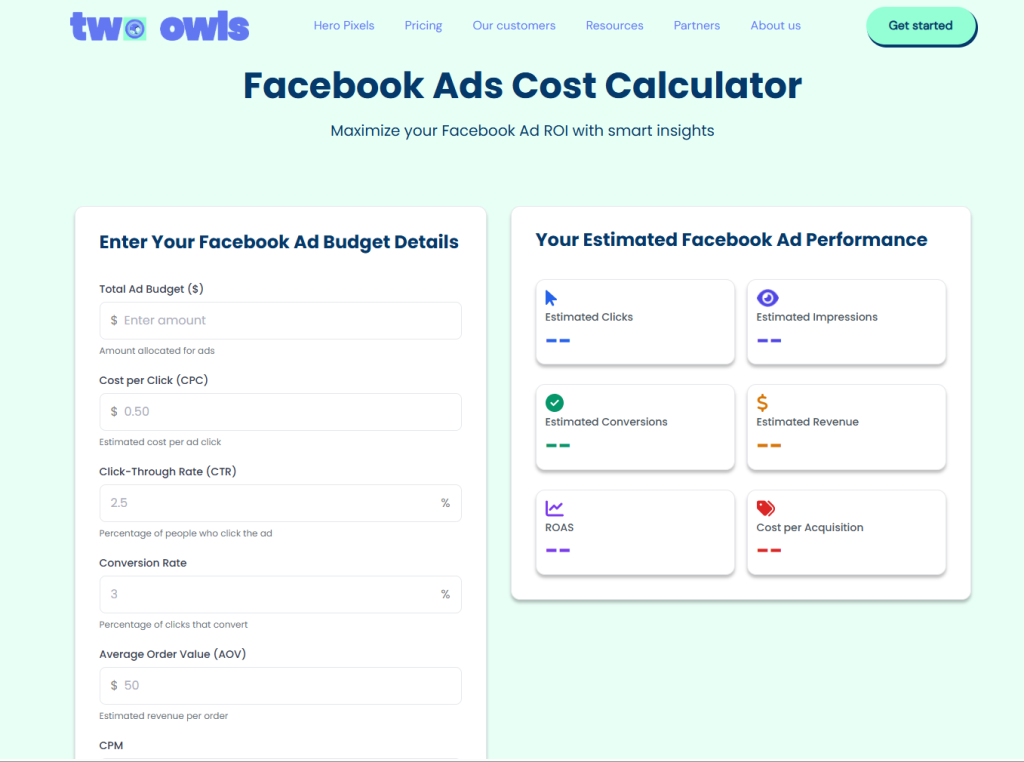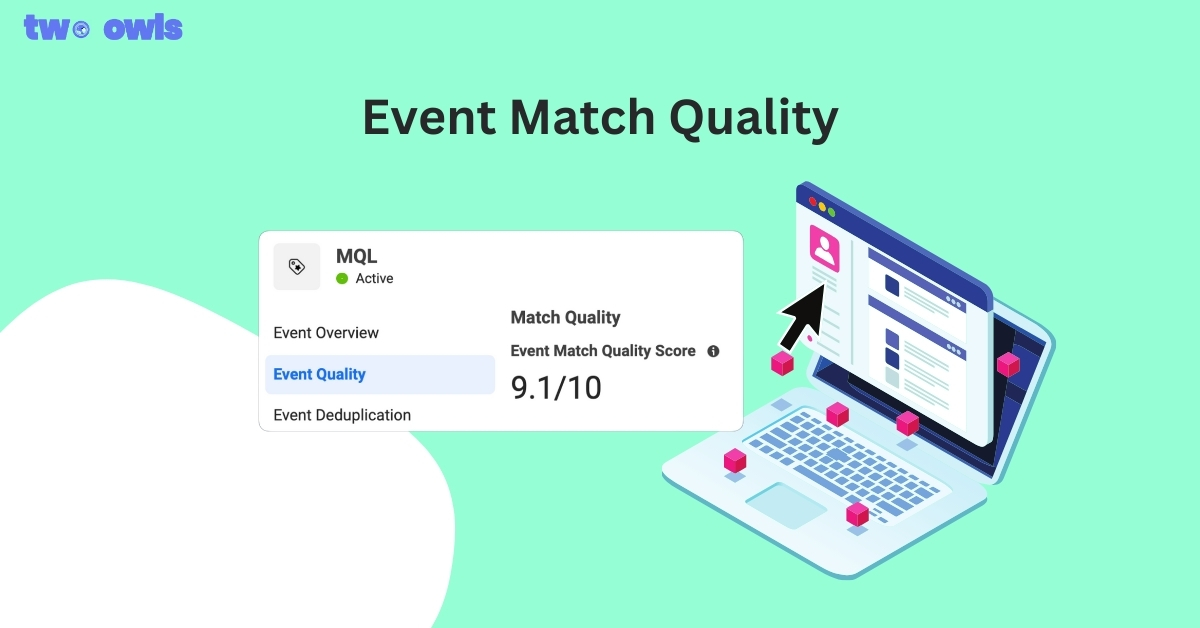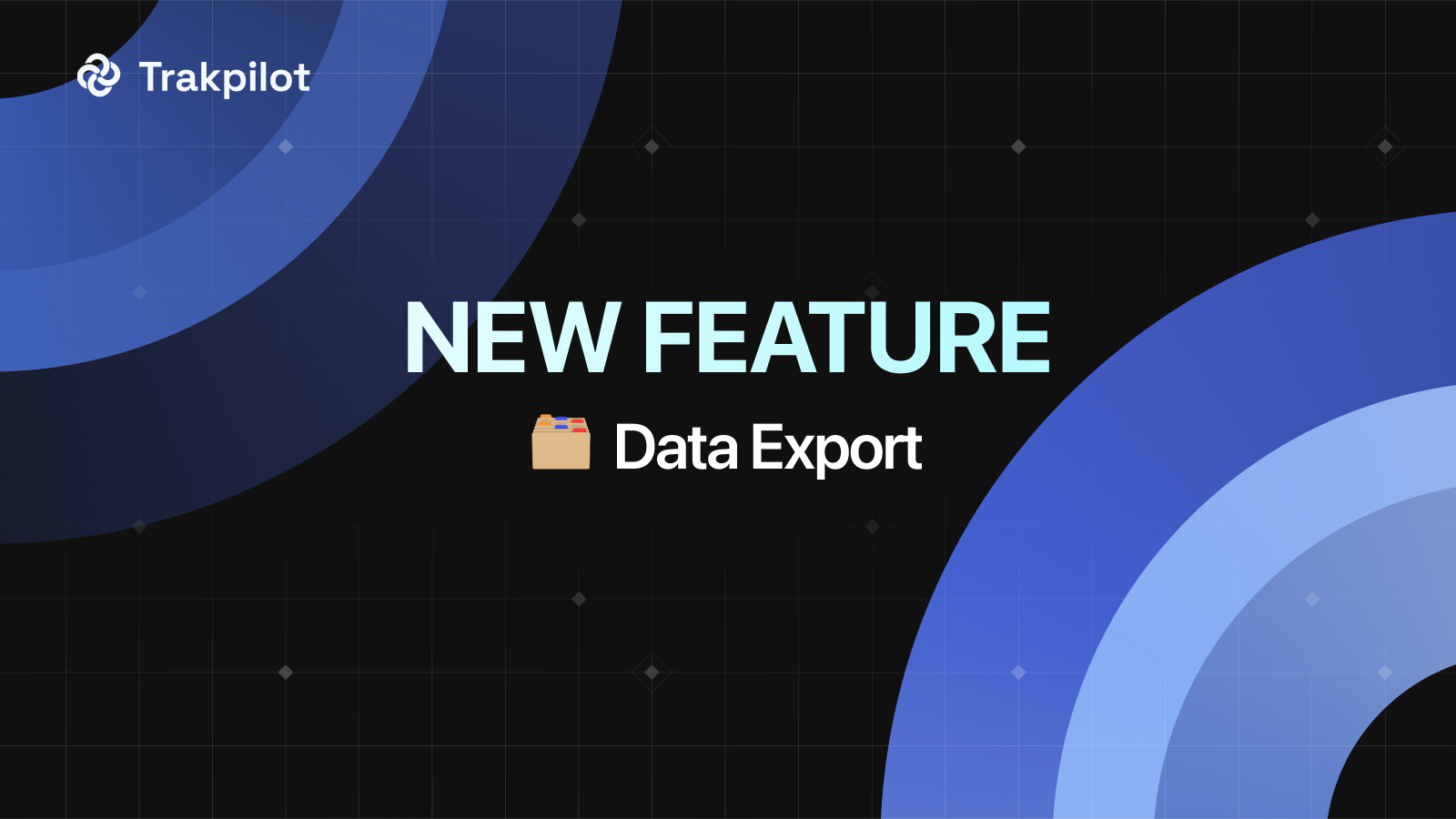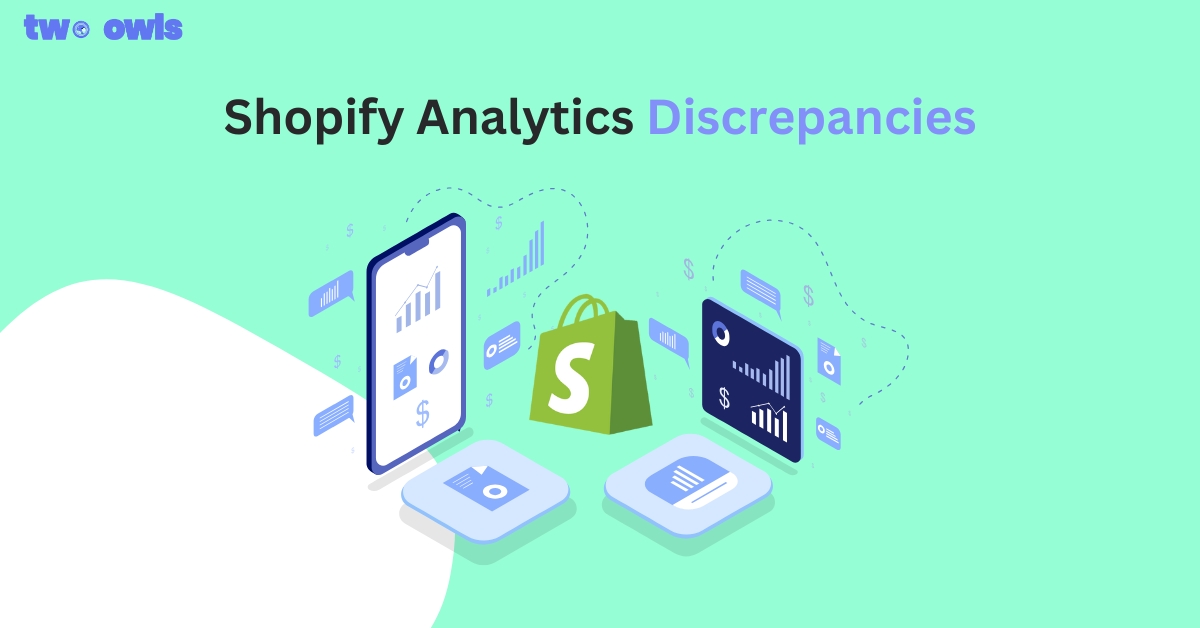Facebook Ads Budget Guide + Free Profit Calculator [2026]
In the dynamic realm of digital marketing, Facebook Ads has emerged as a powerful tool for businesses of all sizes to reach their target audience and achieve their marketing goals. However, navigating the complexities of Facebook Ads budgeting can be daunting, especially for those new to the platform. This comprehensive guide will delve into the intricacies of Facebook Ads budgeting, equipping you with the knowledge and strategies to optimize your campaigns and maximize your return on investment (ROI).
At the end of this article, please enjoy a free and well-rounded Facebook Ads Budget calculator before you go on a testing ride.
Let’s go!
Understanding Facebook Ads Costs:
Before diving into budgeting strategies, it's crucial to understand the factors that influence Facebook Ads costs. These include:
- Bidding Strategy: Facebook Ads operates on an auction system, where advertisers bid for ad placements. Your chosen bidding strategy, whether it's cost per click (CPC), cost per thousand impressions (CPM), or cost per action (CPA), will directly impact your ad costs.
- Target Audience: The demographics, interests, and behaviors of your target audience play a significant role in determining ad costs. Targeting niche audiences or those with high competition can lead to higher costs.
- Ad Quality and Relevance Score: Facebook assesses the quality and relevance of your ads based on factors such as user engagement, click-through rates, and ad content. Higher quality ads generally result in lower costs and better ad placements.
- Competition: The level of competition in your industry and for your target audience can influence ad costs. Higher competition often leads to increased bidding and, consequently, higher costs.
- Time of Year: Ad costs can fluctuate based on seasonality and special events. For example, ad costs may rise during the holiday season due to increased advertising activity.
Factors Influencing Facebook Ads Budget
Several key factors should be considered when determining your Facebook Ads budget:
- Campaign Goals: Your campaign objectives, whether it's brand awareness, lead generation, or driving sales, will influence your budget allocation.
- Target Audience: The size and demographics of your target audience will impact your budget needs.
- Industry: Different industries have varying levels of competition and ad costs. Researching industry benchmarks can provide insights into typical budget ranges.
- Competition: Analyzing your competitors' advertising strategies and estimated budgets can help you determine a competitive budget for your campaigns.
Setting Your Facebook Ads Budget
Facebook Ads offers two primary budget options:
- Daily Budget: This option sets a maximum amount you're willing to spend on your ads each day.
- Lifetime Budget: This option sets a total budget for the entire duration of your campaign.
The choice between a daily or lifetime budget depends on your campaign goals and preferences.
- With a daily budget, you define the average ad spend per day. Great if you just want to spend one step at a time. Note that it’s not a hard cap, meaning they can fluctuate slightly day-to-day. To explore the best opportunities available, Facebook may spend up to 25% over your set daily budget in order to seize the best opportunities available.
So choose this when you have some wiggle room for a slight budget increase.
- A lifetime budget, on the other hand, is the whole amount you want to spend across the lifetime of your entire campaign. If you know how much you want to spend and are willing to without hesitation, go for this. Lifetime budgets are a hard cap; Facebook won’t spend above your budget 😀
Budgeting for Different Campaign Types
Different Facebook Ads formats have unique budgeting considerations:
- Image Ads: These are cost-effective for testing different visuals and messaging.
- Video Ads: Due to production costs, video ads may require a higher budget.
- Carousel Ads: These ads allow for showcasing multiple products or services, potentially requiring a larger budget to optimize each card.
- Collection Ads: Ideal for e-commerce businesses, collection ads may require a higher budget to promote multiple products and drive sales.
Budgeting Strategies for Different Campaign Objectives
- Brand Awareness: Allocate a larger portion of your budget to reach a wider audience with engaging content.
- Lead Generation: Focus your budget on campaigns that drive leads, such as lead forms or landing page conversions.
- Conversions: Prioritize campaigns that directly result in sales or other desired actions.
Optimizing Your Facebook Ads Budget
Regularly monitoring and optimizing your Facebook Ads campaigns is crucial for maximizing your budget's effectiveness. Key optimization strategies include:
- Performance Monitoring: Track key ads metrics such as click-through rates, conversion rates, and cost per acquisition to identify areas for improvement.
- Bid Adjustments: Based on performance data, adjust your bids to optimize ad delivery and achieve your desired outcomes.
- Ad Creative Optimization: Test different ad formats, visuals, and messaging to improve engagement and conversion rates.
- Audience Refinement: Analyze audience insights and refine your targeting parameters to reach the most relevant users.
Campaign Budget Optimization (CBO)
Facebook's CBO feature automatically distributes your budget across ad sets within a campaign to optimize performance and maximize results.
Learn More: CBO vs ABO: Which Is Best To Maximize Conversions
A/B Testing Your Budget
A/B testing, or split testing, is a valuable technique for determining the optimal budget allocation for your Facebook Ads campaigns. By creating multiple ad sets with varying budgets and targeting options, you can test different strategies and identify the most effective approach. Key elements to A/B test include:
- Budget Allocation: Experiment with different budget distributions across ad sets to see which allocation yields the best results.
- Targeting Options: Test different audience demographics, interests, and behaviors to identify the most responsive segments.
- Bidding Strategies: Compare the effectiveness of various bidding strategies, such as automatic bidding versus manual bidding, to determine the optimal approach for your campaign goals.
Common Facebook Ads Budgeting Mistakes
- Setting Unrealistic Budgets: Avoid setting budgets that are too low to achieve meaningful results or too high without proper testing and optimization.
- Neglecting Campaign Optimization: Regularly monitor and optimize your campaigns to ensure you're getting the most out of your budget.
- Ignoring Audience Insights: Pay attention to audience demographics and behaviors to refine your targeting and improve campaign effectiveness.
- Failing to Track Results: Track key metrics to measure your campaigns' success and identify areas for improvement.
Tools and Resources for Facebook Ads Budgeting
- Facebook Ads Manager: The primary platform for creating, managing, and monitoring your Facebook Ads campaigns.
- Facebook Pixel: A tracking tool that provides valuable insights into website conversions and user behavior.
- Third-Party Analytics Platforms: Tools like Google Analytics can provide additional data and insights into your ad campaigns' performance.
- Budgeting Calculators: Online calculators can help estimate potential ad costs and budget requirements. Check Two Owls - ad spend calculator below:
How to use ad cost calculator by Two Owls - Omega Pixels

As Facebook ads get more expensive as more and more people consider it a main revenue source. If you’ve never run a campaign before, it might leave you shaking in your boots a little.
It’ll be helpful when you’ve tucked some numbers under your belt, so you won’t be over spending but also don’t play it too safe.
Step 1: Use a Facebook Ads Cost Tool
Try Twoowls Facebook Ads Cost Calculator FREE here 🦉🦉
Step 2: Give it your input (by amount spent and target ROAS)
Input your data, including:
- Average order value
- Raw cost of goods
- Credit card fees
- Shopify fees
- Fulfillment cost per order (average)
Step 3: Absorbing the input and decide
With the above input, Two Owls calculator will generate all your associated cost, gross profit and the net profit you’ll receive, plus the total number of orders you need to secure.
It’ll also calculate the break-even point ROAS for you to have some sense of how your ad should perform.
Combine these with some of the industry benchmarks, you’ll be starting off much better.
Conclusion
Mastering Facebook Ads budgeting is essential for achieving success in the competitive digital advertising landscape. By understanding the factors influencing ad costs, developing a strategic budget, and implementing effective optimization techniques, you can maximize your ROI and achieve your marketing goals. Remember to continuously monitor your campaigns, experiment with different strategies, and adapt your approach based on performance data to ensure your Facebook Ads budget is working effectively for your business.
Learn More: ROAS in Facebook Ads: What is a Good ROAS for Facebook?
Deduplication in Facebook Pixel: How to Fix Duplicate Events and Track Data Correctly

Event Match Quality: Definition, Benchmarks & How to Improve It

Facebook Ad In Review: How Not To Get Stuck In 2026

Mastering the Facebook Ads Funnel: A Comprehensive Guide to Driving Conversions




